The lotuses were still blooming when I rode my bicycle to Kita this past Saturday. On July 4th, 1854, Thoreau had a white water lily on his mind, not a lotus, but the two are not all that different.
(just kumquats in the garden)
A month after the court system in Massachusetts had returned Anthony Burns to bondage in Virginia, Thoreau spoke in Framingham, condemning the people and government of his home state for their lack of disdain for the Fugitive Slave Law–and for their accompanying lack of morality.
(just the sky from the Nihondaira “hill”)
Thoreau could not imagine a life led without a solid moral vision–and thought he’d been thrust into a dark, dark place. He was appalled that anyone could believe that a law could make slavery just. In his speech, he did not hold back.
(just the red flowers in the garden)
I dwelt before, perhaps, in the illusion that my life passed somewhere only between heaven and hell, but now I cannot persuade myself that I do not dwell wholly within hell. The site of that political organization called Massachusetts is to me morally covered with volcanic scoriae and cinders, such as Milton describes in the infernal regions. If there is any hell more unprincipled than our rulers, and we, the ruled, I feel curious to see it.
(just the ocean . . . from the Miho Pine Grove)
He knew, though, that an unjust law did not alter Nature–and that we, by virtue of our ability “to perceive and love” Nature, were not without hope of understanding that man’s deeds could “smell as sweet” as the lily.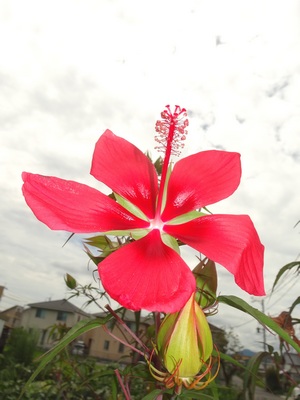
(just a red flower . . . in the neighborhood)
But it chanced the other day that I scented a white water-lily, and a season I had waited for had arrived. It is the emblem of purity. It bursts up so pure and fair to the eye, and so sweet to the scent, as if to show us what purity and sweetness reside in, and can be extracted from, the slime and muck of earth. I think I have plucked the first one that has opened for a mile. What confirmation of our hopes is in the fragrance of this flower! I shall not so soon despair of the world for it, notwithstanding slavery, and the cowardice and want of principle of Northern men. It suggests what kind of laws have prevailed longest and widest, and still prevail, and that the time may come when man’s deeds will smell as sweet. Such is the odor which the plant emits. If Nature can compound this fragrance still annually, I shall believe her still young and full of vigor, her integrity and genius unimpaired, and that there is virtue even in man, too, who is fitted to perceive and love it.
(just a neighbor in the beans . . . but not Thoreau’s bean field)
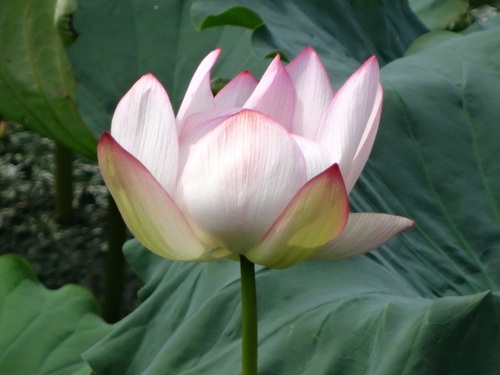

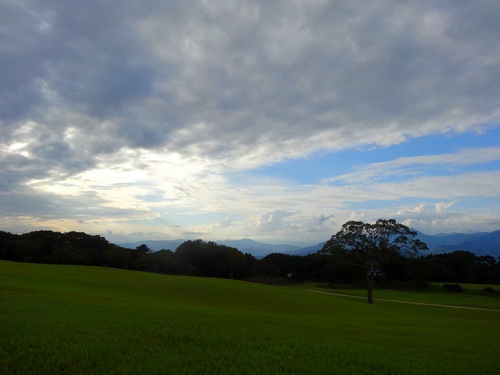
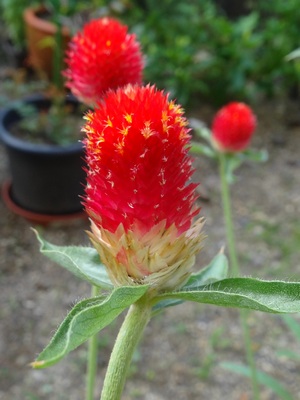
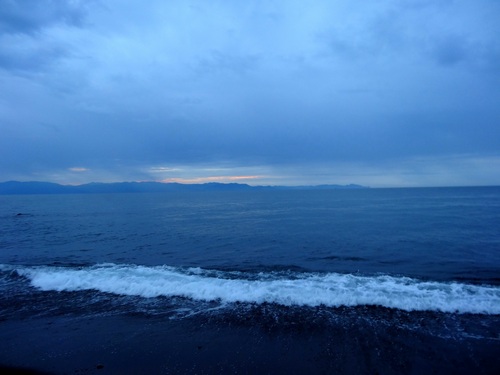

That was nice. I always enjoying reading Thoreau, the hero of my youth.
Tekin,
Glad you enjoyed it. Looks like you may have had some good nature moments yourself on your motorcycle trip.